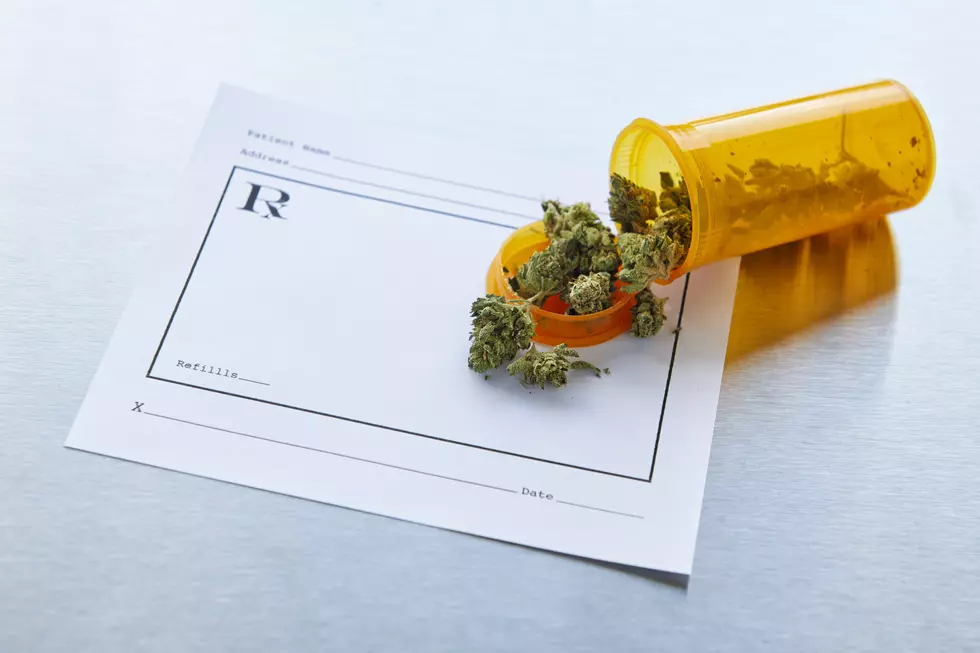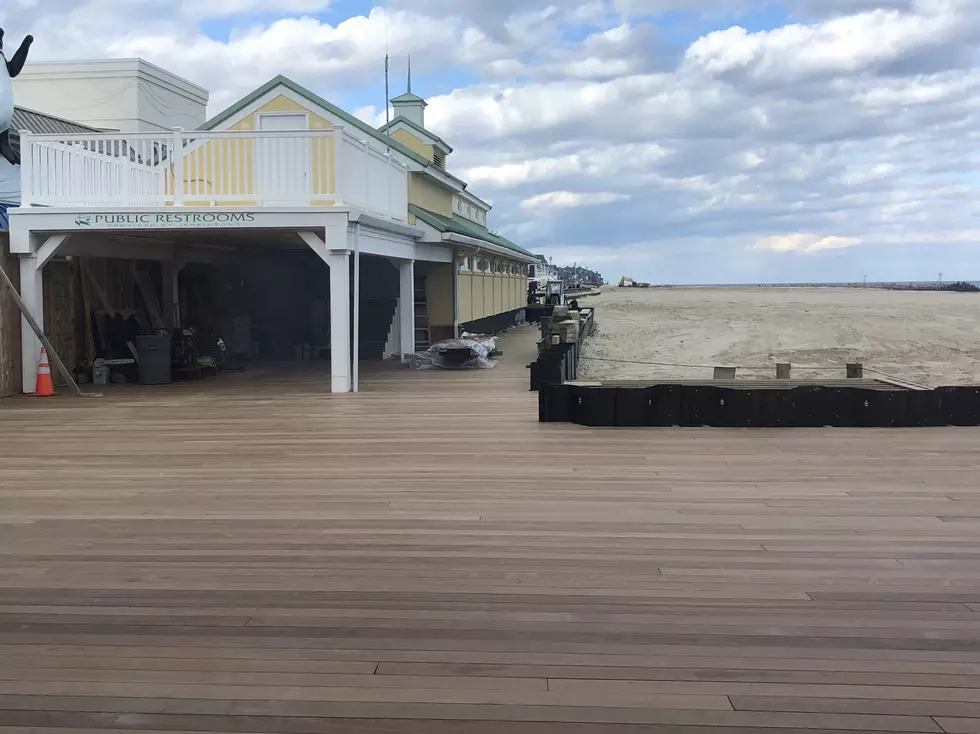
NJ officials: Right now, flu more of a threat than coronavirus
With the Centers for Disease Control and Prevention now confirming more than 40,000 novel coronavirus cases around the world and more than 900 deaths — surpassing the death toll from the SARS outbreak in 2002 — NJ officials say they're doing everything possible to get ready
At a news conference at the New Jersey Poison Control Center at the Rutgers University medical school in Newark Monday, state Health Commissioner Judy Persichilli, who is heading up New Jersey’s coronavirus taskforce, said officials are continuing to monitor the situation but so far “there are no confirmed cases of coronavirus in New Jersey, and no persons under investigation.”
She said a robust screening program is being carried out for passengers on cruise ships docking in New Jersey, and on aircraft landing at Newark Liberty airport.
“Federal officials are asking travelers about their health and their travel and these travelers are screened for fever, cough or trouble breathing," she said.
Additionally, commissioner said her department is getting information from the CDC about travelers who are returning to New Jersey from China, and all of these individuals are being assessed “for possible risk exposures, and might be monitored by local health officials or asked to self-monitor for symptoms, depending on their risk level.”
She said if travelers are identified as needing more medical evaluation, “they are transported to an area hospital for evaluation and to determine if coronavirus testing is necessary.”
Dr. Lisa McHugh, who is leading the New Jersey Department of Health’s coronavirus response team within the Communicable Disease Service, said extraordinary precautions are being taken.
“Symptoms of the virus have ranged from mild to severe and can include fever, cough and shortness of breath, and we also know that this new virus can transmit from one person to another," she said.
Persichilli pointed out coronavirus can also cause pneumonia and organ failure.
McHugh said coronavirus is believed to spread like the flu.
“This means when a person coughs or sneezes, tiny droplets are released that can spread the virus, and then they touch their mouth or their nose or their face, this allows the virus to enter the body and for that individual to become sick," McHugh said.
She noted “unfortunately unlike influenza there isn’t a vaccine or treatment for the novel coronavirus," and for now, "there's a lot we don't know."
The commissioner said because the situation is changing rapidly the Health Department is coordinating with the governor’s office and stepping up efforts to communicate information about coronavirus as quickly as possible.
“We’re putting in place the same command structure that was used for Ebola, was used for H1N1," she said.
Persichilli stressed the risk to the general public remains low, but “we are working with the CDC and our public health and health care partners to ensure our preparedness levels for this novel virus remains high.”
She also pointed out flu is considered more of a public health concern right now than coronavirus.
“There is currently high flu activity statewide and there have been more than 5,000 cases of flu and two flu-related child deaths," she said.
The New Jersey Health Department does not keep track of flu-related deaths in adults.
The commissioner also said there is no need for anyone to avoid contact with any particular ethnic group in New Jersey.
“While we understand the concern about this virus, it is all of our responsibility to ensure that there is no stigma associated with this disease," she said. "We are responding to a virus, not a segment of the population.”
McHugh pointed out 18 years ago another type of coronavirus caused great concern — severe acute respiratory syndrome, or SARS, a sometimes-fatal virus that first appeared in China and spread worldwide but was quickly contained
She said health officials believe, but are not sure that someone must have symptoms of the virus in order to spread it to others.
“Once an individual comes into contact with the virus, it can take somewhere between two and 14 days for symptoms to develop," severe said.
She stressed to stop the spread of viruses in general you should frequently wash your hands with soap and water or a hand sanitizer, cover sneezes and coughs, and stay home when you’re sick.
“It’s also a good idea to clean commonly touched surfaces, especially in public places like schools and businesses," McHugh said.
New Jersey U.S. Senator Bob Menendez said he’s staying in close contact with the CDC because “it’s imperative that our state gets the resources, guidance and support it needs to keep New Jerseyans safe.”
He said to make sure coronavirus doesn’t start spreading. “it is important that all levels of government — federal, state and local — work seamlessly in response to this strain of the corona virus.”
Menendez said he is calling on the Trump administration to abandon plans to cut funding for global pandemic preparedness and response efforts, because it could threaten the government’s ability to effectively combat the spread of the virus.
More from WOBM News:

More From Beach Radio










